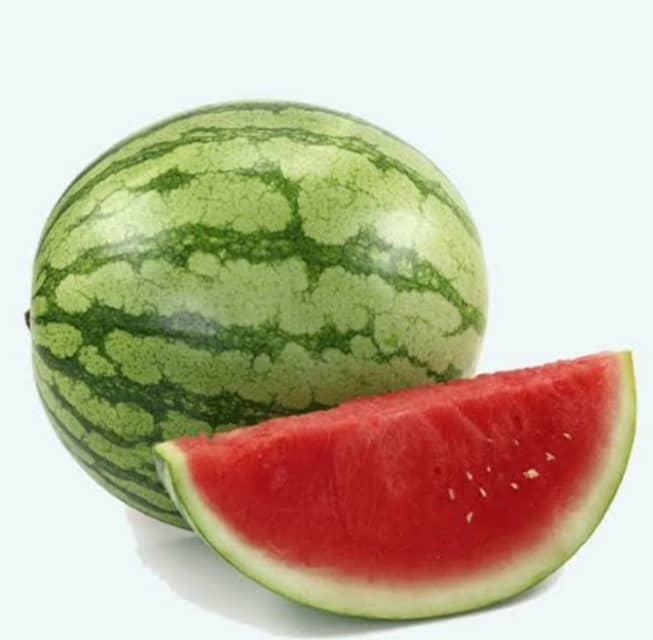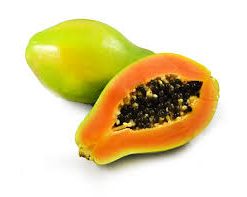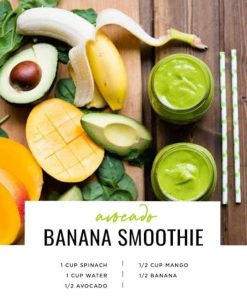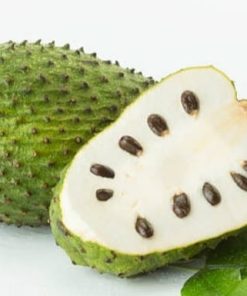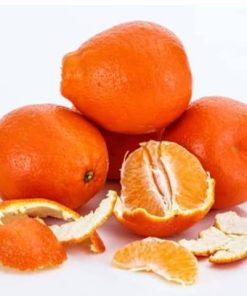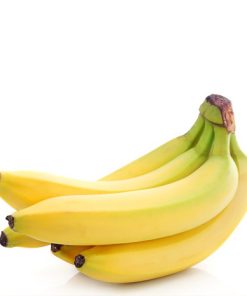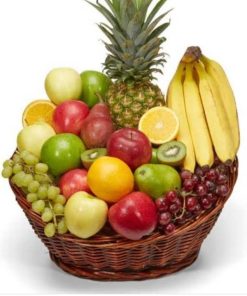Watermelon also contains antioxidants. These substances can help remove molecules known as free radicals, or reactive species, from the body. The body produces free radicals during natural processes, such as metabolism. They can also develop through smoking, air pollution, stress, and other environmental pressures.
If too many free radicals stay in the body, oxidative stress can occur. This can result in cell damage and may lead to a range of diseases, such as cancer and heart disease.
The body can remove some free radicals naturally, but dietary antioxidants support this process.
Digestion and regularity
Watermelon has high water content and also provides some fiber. These nutrients help promote a healthy gut by preventing constipation and promoting regularity of bowel movements.
Hydration
Watermelon is around 90% water and also provides electrolytes, such as potassium. This makes it a healthful choice of snack during the hot summer months.
People can eat watermelon fresh, as juice, or frozen in slices for a tasty cold Popsicle-style snack.
Muscle soreness
Watermelon and watermelon juice may reduce muscle soreness and improve recovery time following exercise in athletes.
In a 2017 study, athletes drank either half a liter of either a placebo or watermelon juice with added L-citrulline, 2 hours before running a half marathon race. Those who consumed the watermelon drink reported less muscle soreness 24–72 hours after the race.
It is unclear whether consuming watermelon juice without added L-citrulline would have the same effect.
Skin
Watermelon contains vitamin C, which the body needs to produce collagen. Collagen is essential for cell structure and immune function. Vitamin C also promotes wound healing.
Studies suggest that vitamin C may help promote healthy skin, including reducing the risk of age-related damage.
Serving tips
Tips for serving watermelon include:
Juice: Place diced watermelon and a few ice cubes in a blender for a cold, refreshing, electrolyte drink that is perfect for rehydrating after exercise or a day in the sun.
Salad: Add watermelon, mint, and fresh mozzarella to a bed of spinach leaves for a tasty and healthful salad. Drizzle with balsamic dressing.
Smoothies: Make a watermelon smoothie or combine with orange juice for extra tang. Remember that juicing breaks down the fiber, making the sugar easier to absorb. People with diabetes should consider eating fresh, whole watermelon rather than drinking juice.
Roasted seeds: Roast the watermelon seeds in an oven for 15 – 20 minutes to make a tasty snack. One ounce (28.5 g) of seeds can provide around 8 g of protein, or 14% – 17% of a person’s daily protein needs.

